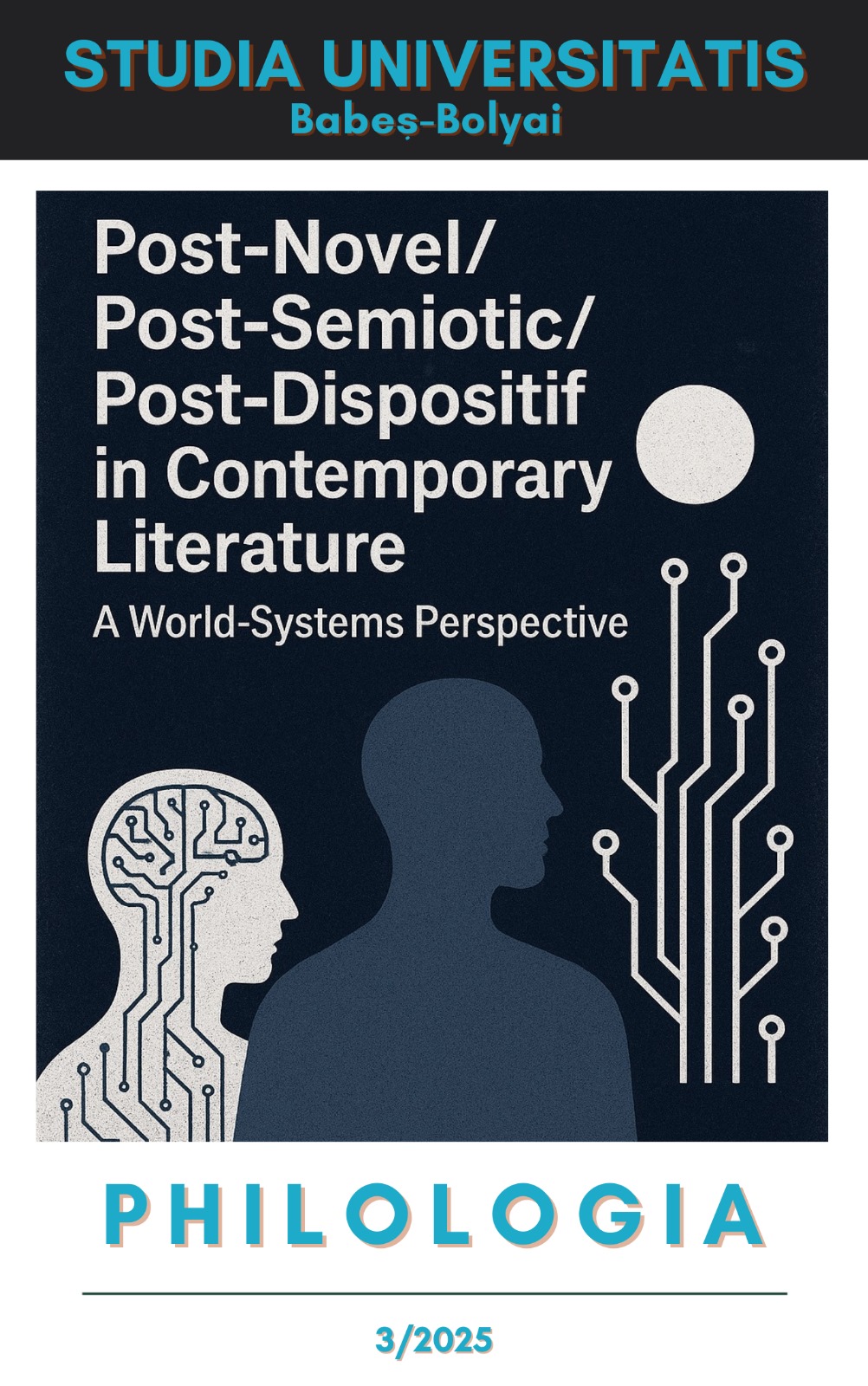Jeffrey R. Di Leo (ed.), Theory as World Literature, New York: Bloomsbury Academic, 2025, 284 p.
Abstract
Theory as literature: it is easy enough to grasp how these two terms may admit to a relationship of sorts. Certainly, one may very well reject this ‘as’, in an understandable attempt to starkly differentiate the two registers, drawing a line between the philosophical and the aesthetic. Or, conversely, it is equally justifiable to affirm an intimacy between theory and literature, to the point that either one may be considered an extension of, or towards, the other. Irrespective of one’s positioning, there is a rich conceptual tradition to back up either claim, and, in both cases, it makes perfect sense to discuss and problematize theory as literature. Thus, three of four words in the title of this collection, edited by Di Leo, can be comfortably dealt with. The fourth term, however, is much more problematic, and, as if that weren’t enough, it also forms the conceptual core of this collection. What is a ‘world’? What does it mean for literature to be ‘world’ literature, and for theory to subsequently be defined ‘as world literature’? The ‘worlding’ of theory and literature is a most pressing issue precisely because, despite one’s wholly understandable confusion with respect to the term ‘world’, a pervasive process of neoliberal globalization of cultural manifestations is undoubtedly taking place as we speak. The problem of such a globalization, as Di Leo describes it in the introduction to this collection, is that it risks disintegrating the cultural specificity of the many theories and literatures of the world into an impossibly convoluted yet also thoroughly homogenized “babble” (4). Regrettable though such consequences of the global age may be, Di Leo keenly argues that a return to isolationist preservations of aesthetics and philosophies is certainly not an adequate solution: “To bracket and not consider them [globalization, postmodernity] because of their potential to provide an “infinite, ungraspable canon of works” in the name of world literature rather than a finite, graspable one is to bury one’s head in the ground of contemporary literary and cultural theory. That is to say, globalization does not go away as a concern for world literature just because it greatly complicates it” (5). We cannot turn against the world, and yet, simultaneously, globalization as an instrument for cultural loss ought to be resisted. We must have a worlding of theory and literature, while at the same time rejecting the world in its globalizing sense.
Downloads
Published
How to Cite
Issue
Section
License
Copyright (c) 2025 Studia Universitatis Babeș-Bolyai Philologia

This work is licensed under a Creative Commons Attribution-NonCommercial-NoDerivatives 4.0 International License.



